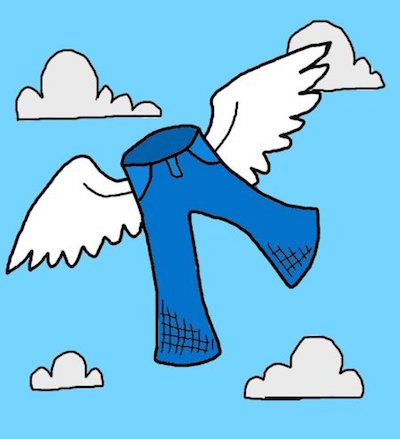 “No one can write a book without an outline,” the New York Times #1 Bestselling author said to the assembled audience of mystery/thriller novelists, aspiring writers, and fans. There was not the slightest provisional hint in his tone. He was speaking ex cathedra. This was the first line of his papal encyclical on how to write a novel.
“No one can write a book without an outline,” the New York Times #1 Bestselling author said to the assembled audience of mystery/thriller novelists, aspiring writers, and fans. There was not the slightest provisional hint in his tone. He was speaking ex cathedra. This was the first line of his papal encyclical on how to write a novel.
The interviewer tended to agree with him. Said that one could never get anywhere unless he (sic) knew his destination.
“And had a map to get there,” Mr. Smug Bestseller added.
I have 17 years of Catholic school education and an upbringing of excellent lessons in politeness from my parents and grandparents. I flew in the face of it all. I could not stay in my seat. From the last row in the auditorium, I stood, looking as good natured as ever, and striking a jocular, arms-akimbo pose, I called out the names E.L. Doctorow and John Fowles. And retook my seat.
Mr. Bestseller looked confused. Mr. Interviewer offered that E.L. Doctorow had said something about writing being like driving at night. I held my tongue while they continued to insist that no one could write a novel without a very detailed outline. They both accused “pantsers” of secretly writing outlines and just not admitting it.
How dare they accuse us pantsers of being either incapable or lying about not using outlines?
For those of you who don’t know the terms: In writing circles, a plotter is an author who writes an outline of the story before beginning to draft the scenes of the book. A pantser starts with a few ideas or characters and jumps right into telling the story without knowing exactly what is going to happen.
Outliners, not always with the above self-satisfied attitude, often say that their way is the right way. I have never heard a pantser say such a thing. At that conference, I did not shout out more than the two author names above. But I have been ruminating about this off and on ever since. Here is what I would have said had I been in a position to do so.
Okay, Mr. Interviewer and Mr. Smug Bestseller. You plotters need a map. We pantsers are the explorers, the mapmakers. We journey forth and draw the map as we go along. We trust that some of those dark alleys we wind up in have the potential of leading us to the most creative ideas we ever have.
Here is how I think we can put this subject to rest forever. The overriding most basic fact: Unless an author is telling the same old story, all novelists are pantsers when they start a book. How else could the plotters write an outline, except by pantsing their way to the end of the story? Answer me that!
Plotters begin by writing down, in shorthand, the story they are pantsing. When they are done, they use the result of their pantsing as an outline for fleshing out the story and making it into a book. Pansters do the same thing, except that we write in longhand from the beginning, so that when we are done, so is the book. One way is NOT better than the other. All writers have to find their own way to a process that yields a good book.

—Annamaria Alfieri
Originally published on Murder Is Everywhere.
MWA-NY Chapter President Emerita Annamaria Alfieri’s first novel, City of Silver, was named one of the best debut mysteries of the year by Deadly Pleasures Mystery Magazine. Her short stories have been published in Queens Noir and Sunshine Noir. She is the author of Blood Tango and two other historical mysteries set in South America as well as a new series set in East Africa in the early 20th century, beginning with Strange Gods. Its sequel, The Idol of Mombasa, was published this fall.

Well said! You won’t be surprised to see that I agree. But please name names from that program 🙂
My lips are sealed, Triss. As we all learned in the schoolyard, you don’t rat out your friends. I like these guys. One of them, at least, was mouthing what sounded like a “party line.” If they read this, perhaps they will see the folly of coming down so hard on the likes of us.
Agreed. I definitely pants my way through an outline. I don’t know how this became a one way or the other argument. I suspect that it’s because of all these conference panels where writers are constantly being asked this question and they try to give a categorical answer.